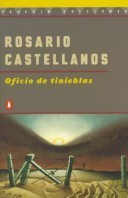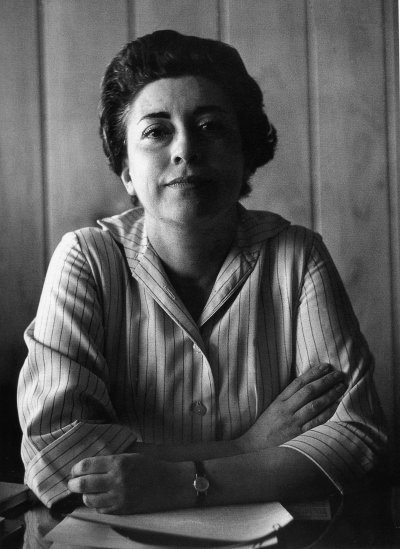
Set in the highlands of the Mexican state of Chiapas, The Book of Lamentations tells of a fictionalized Mayan uprising that resembles many of the rebellions that have taken place since the indigenous people of the area were first conquered by European invaders five hundred years ago. With the panoramic sweep of a Diego Rivera mural, the novel weaves together dozens of plot lines, perspectives, and characters. Blending a wealth of historical information and local detail with a profound understanding of the complex relationship between victim and tormentor, Castellanos captures the ambiguities that underlie all struggles for power. A masterpiece of contemporary Latin American fiction from Mexico's greatest twentieth-century woman writer, The Book of Lamentations was translated with an afterword by Ester Allen and introduction by Alma Guillermoprieto.
Author

Rosario Castellanos Figueroa (25 May 1925 – 7 August 1974) was a Mexican poet and author. Along with the other members of the Generation of 1950 (the poets who wrote following the Second World War, influenced by César Vallejo and others), she was one of Mexico's most important literary voices in the last century. Throughout her life, she wrote eloquently about issues of cultural and gender oppression, and her work has influenced feminist theory and cultural studies. Though she died young, she opened the door of Mexican literature to women, and left a legacy that still resonates today. Throughout her career, Castellanos wrote poetry, essays, one major play, and three novels: the semi-autobiographical Balún Canán and Oficio de tinieblas (translated into English as The Book of Lamentations) depicting a Tzotzil indigenous uprising in Chiapas based on one that had occurred in the 19th century. Despite being a ladino – of mestizo, not indigenous descent – Castellanos shows considerable concern and understanding for the plight of indigenous peoples. "Cartas a Ricardo," a collection of her letters to her husband Ricardo Guerra was published after her death as was her third novel, Rito de iniciación. Rosario Castellanos said of the collection of her letters in Cartas a Ricardo that she considered them to be her autobiography. Rito de iniciación is in the bildungsroman tradition about a young woman who discovers her vocation of a writer. Castellanos' poem, "Valium 10," is in the confessional mode, and is a great feminist poem comparable to Sylvia Plath's "Daddy." (from Wikipedia)